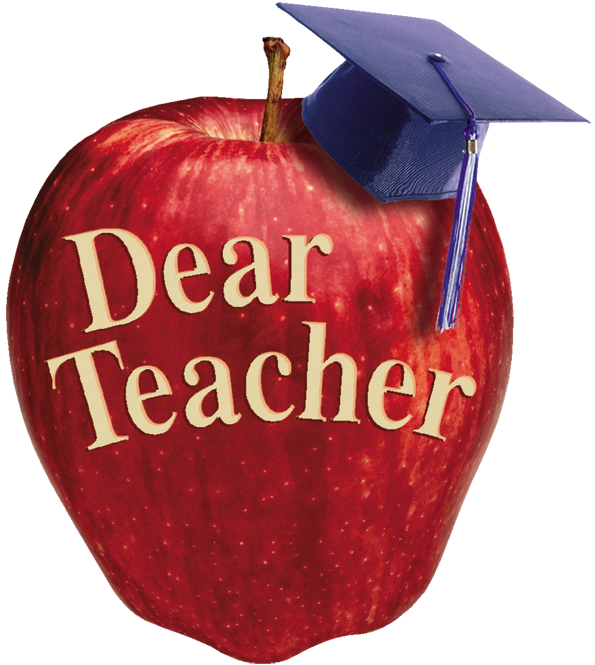I think it is very unusual, but direct spelling instruction ends after third grade in my son's school. Spelling errors on the students' work in fourth grade is circled, and they are expected to correct all errors. Surprisingly, this seems to be working for my son, who is a fairly good speller. Nevertheless, aren't there advantages to continuing formal instruction at this level? -- Very Surprised
Answer: Your child's school's approach to spelling is not supported by most of the research on spelling. A recent study by Steve Graham and Tanya Santangelo of 53 spelling studies found that instruction in spelling definitely improves students' ability to spell. Furthermore, it has been shown to help students read and write better. When compared, students who have received spelling instruction usually outperform those who have not received specific instruction. This is especially true for older students.
Nevertheless, the idea of children learning to spell in a program where writing is the focus is not a new one. There has been a controversy between this approach and specific spelling instruction for more than 100 years.
For the best results, a good spelling program should be part of elementary school classrooms. Children should be taught how to spell the 1,000 most commonly used words in writing. They should also develop personal spelling lists of the words that they are misspelling in their writing.
